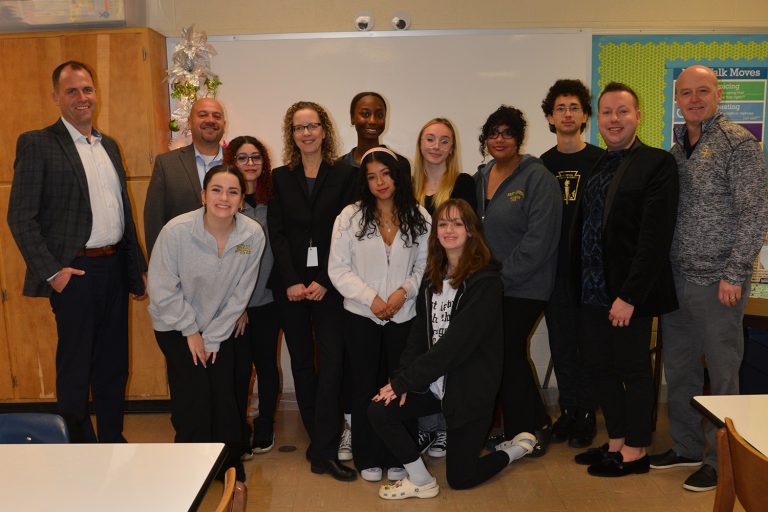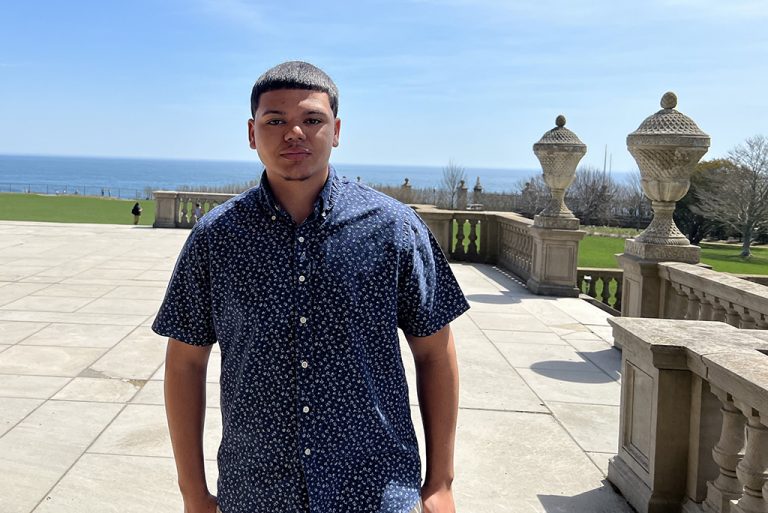-

The newly combined Husky Programs will continue promoting healthy lifestyles for SNAP recipients throughout the state.
-

More than 350 students from 21 partner schools were enrolled in the Neag School’s ECE courses in 2022-2023, an increase from 201 students in five districts the year before.
-

“I chose UConn initially because of a campus tour that I had during my senior year of high school. During this tour I had a presenter who really convinced me that I wanted to study Sport Management here at UConn through his passion for the topic and the attention to detail he demonstrated through his presentation.”